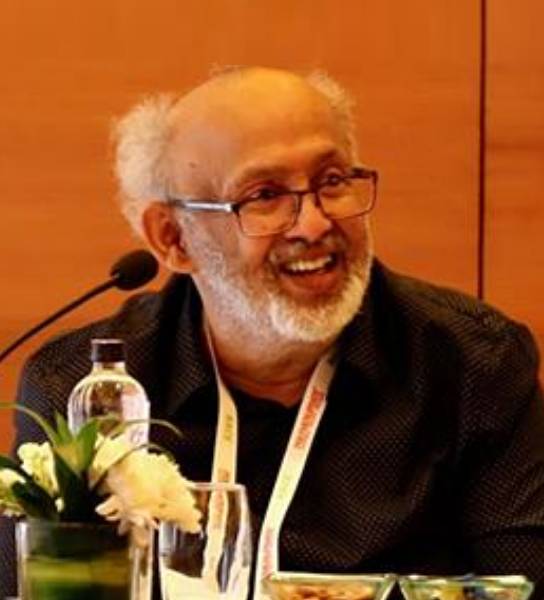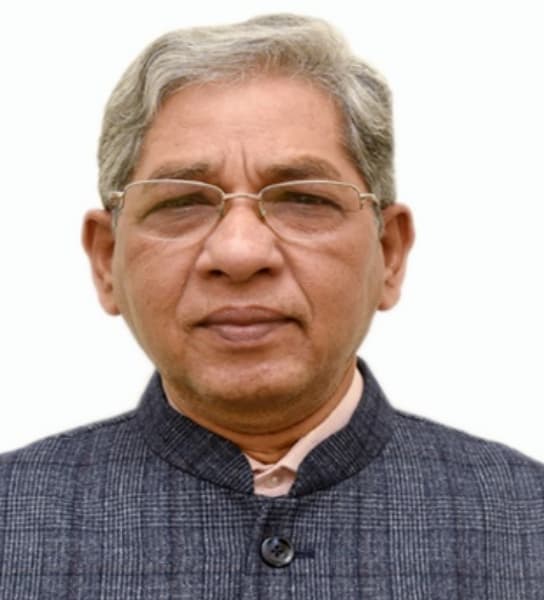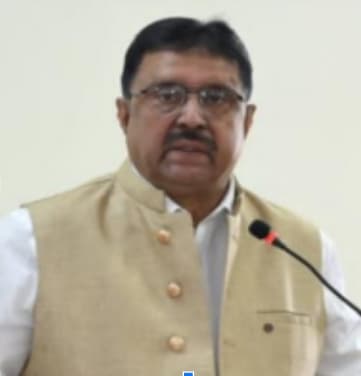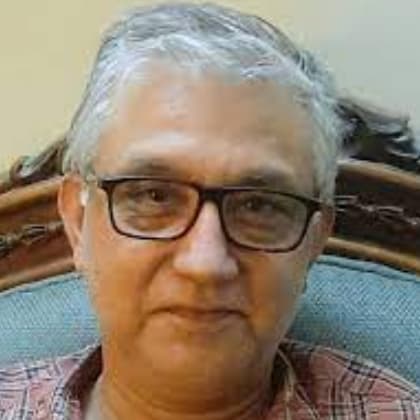Dr. Prasad Modak
EMC
How can we make Clean Air Action Plans work?
ABSTRACT
Most of the cities in India are highly polluted today. To respond to this challenge, the Ministry of Environment, Forests and Climate Change
launched National Clean Air Action Plan (NCAP) in January, 2019. The objective of NCAP was to improve air quality in 131 cities (non-attainment cities and Million Plus Cities) in 24 States/UTs by engaging all stakeholders. The programme envisages to achieve reductions up to 40% or achievement of National Ambient Air Quality Standards for Particulate Matter (PM10) concentrations by 2025-26.
To date, we haven’t seen much traction on the implementation of the Clean Air Quality Action Plans. Cities continue to be under the grey skies,
people wear masks when outdoors, schools are shut during emergencies and advisories are issued to avoid morning walks. Some cities have
installed machines to suck polluted air, closed construction activity, deployed wetting of roads and even attempted artificial rains to scrub the
dusty atmosphere with no major improvement in air quality. How can we make air quality action plans work? This presentation will make an
attempt to suggest possible solutions.
ABOUT THE SPEAKER
Prasad Modak holds B Tech (Civil Engg), M Tech (Environmental Science and Engg) from Indian Institute of Technology Bombay and Doctor
of Engg (Environmental Engg) from Asian Institute of Technology, Bangkok.
Dr Modak was a Professor at Centre for Environmental Science & Engineering at IIT Bombay (1984-1994) and later as Professor (Adjunct) at the Centre for Technology Alternatives in Rural Areas (CTARA) (2009-2017). He is currently the Executive President of Environmental Management Centre Pvt Ltd and Director of Ekonnect Knowledge Foundation.
Dr Modak has worked with Government of India, State Governments and with almost all key UN, multi-lateral and bi-lateral developmental
institutions in the World. His career over past four decades has covered most frontier areas in environmental management and sustainability.
Specific to air quality management, Dr Modak has published and worked extensively in areas such as air dispersion modelling, design of air
quality monitoring networks, air pollution control, indoor air quality, air quality data analytics and preparation of air quality action plans.







